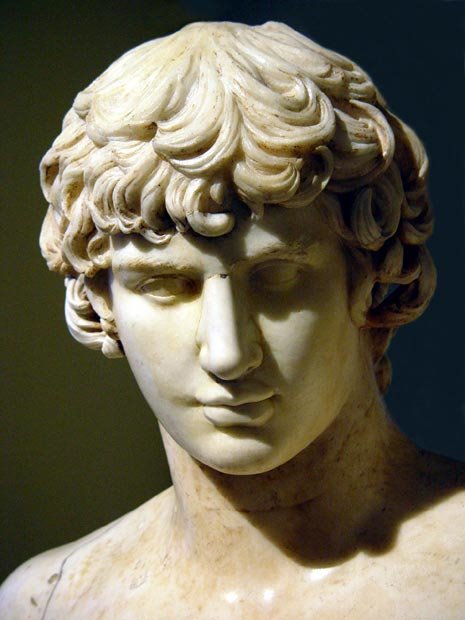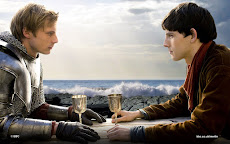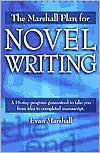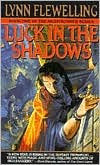Saturday, May 27, 2006
Progress on THE REFLECTING STONE Goals, Complications, Resolutions Table
I have finished the first half of the table I'm filling in for THE REFLECTING STONE in which I describe briefly the goals, complications and resolutions for each scene.
Most of the scenes are easy to do, since I had clear goals for the main character at each step along the way. Note that the main character appears as the POV character in all scenes; I am not juggling multiple viewpoint characters at this time.
A few scenes are of the type where things are just happening, the logical next step in someone's day, and there isn't a clear plot-related or main-conflict-related goal in those scenes. However, each of those scenes does advance the story in some way, such as giving us more information about something we need to know about, or introducing a new character to us that is important to the overall story and reappears later, or allowing the main character to talk to someone and share thoughts or feelings (a "reaction scene").
Right now I am wrestling with this issue. I had intended that every scene should have a clear goal for the POV character, but I recognize that there is a need for other types of information along the way. Observing the character's reactions is important. He needs to process the information he learns, to respond emotionally to things that have already happened, or ponder what he is about to face. Not every scene realistically needs to be "man vs. man-eating tiger" -- the story also benefits from "man is terrified he will soon face man-eating tiger" moments.
I think the challenge then is to try to make the scenes do double or triple duty, a concept I was aware of when I wrote but perhaps didn't always fully realize on the page. Can I introduce a new character who is of continuing importance, show a reaction, and still have a forward-moving, plot-related goal? I'll be reflecting on these scenes and looking for ways to consolidate, omit, shorten, expand, etc., to accomplish this. Some scenes may well end up merging togther, unnecessary fragments falling to the cutting room floor; others may well find a new action emerging.
In spite of needing to tackle this issue, I am encouraged that the number of scenes about which I have serious questions is really very small -- a handful compared to the total number of scenes. I did manage to keep clear goals in mind most of the time and to keep the story clearly moving forward. Even when it slows down there is still a purpose. I suppose these other purposes are in fact "plot-related", they just do not contain the typical "action-directed" type of plot goal.
As I've commented on in previous postings, the work I'm doing right now in creating and filling in tables for THE REFLECTING STONE is part of Phase One of my editing process, wherein I document "what is". I did a lot of planning when I started work on this novel, then did a lot of writing, and now that I have a completed draft (113,000+ words), I need to document what I actually wrote. I usually wrote what I meant to write according to the tables I created in planning the novel, but sometimes not. Extra scenes were created along the way, and some chapters took new twists and turns not accounted for in the original planning. I did try to update my notes along the way, but not all the new information made it into them. Therefore, I have started fresh in the documentation process with a look back at what I actually did write.
To help in keeping track of odd things I'm discovering as I do this documentation work, I have created another table called the Incongruities Table (love that name). Here I can make brief notes for any scenes where I notice something out of place, such as NO CLEAR GOAL (my "concern-du-jour"). Eventually I'll use the Incongruities Table, the Master Scene List (see previous postings), and the Goals, Complications, Resolutions Table to reflect on the scenes and ways of fixing problems (that work is Phase Two, planning the changes for the actual editing). I hope that whatever changes I later think of will be "localized changes" for the most part, things I can fix or change in a scene or two here or there, rather than "global changes" where I alter something so fundamental to the story that I have to hunt down many other places in the manuscript to make changes to accommodate the new information. In fact, I will specifically try to avoid making those kinds of changes! I don't think the story needs any, anyway, since I did so much planning before I wrote it and so much of it does fit together so well.
I hope to have the Goals Table for THE REFLECTING STONE completed later today (Saturday). This will allow me time today and tomorrow to revisit the planning work for HARRY VS. THE TRUCK. When I finish that, I can begin the writing phase for that novel, which I plan to do on Sunday or Monday. I'll advance to Phase Two of the editing for THE REFLECTING STONE once I've started writing HARRY VS. THE TRUCK. By waiting a little before jumping into the editing of THE REFLECTING STONE, I'm giving myself distance, so that I can bring a fresh perspective to the editing. I still intend to finish THE REFLECTING STONE this summer so I can start shopping it around. I'm eager for the moment when I print out the final copy of the manuscript and start composing letters to publishers and agents!
Adrian
Subscribe to:
Post Comments (Atom)








No comments:
Post a Comment